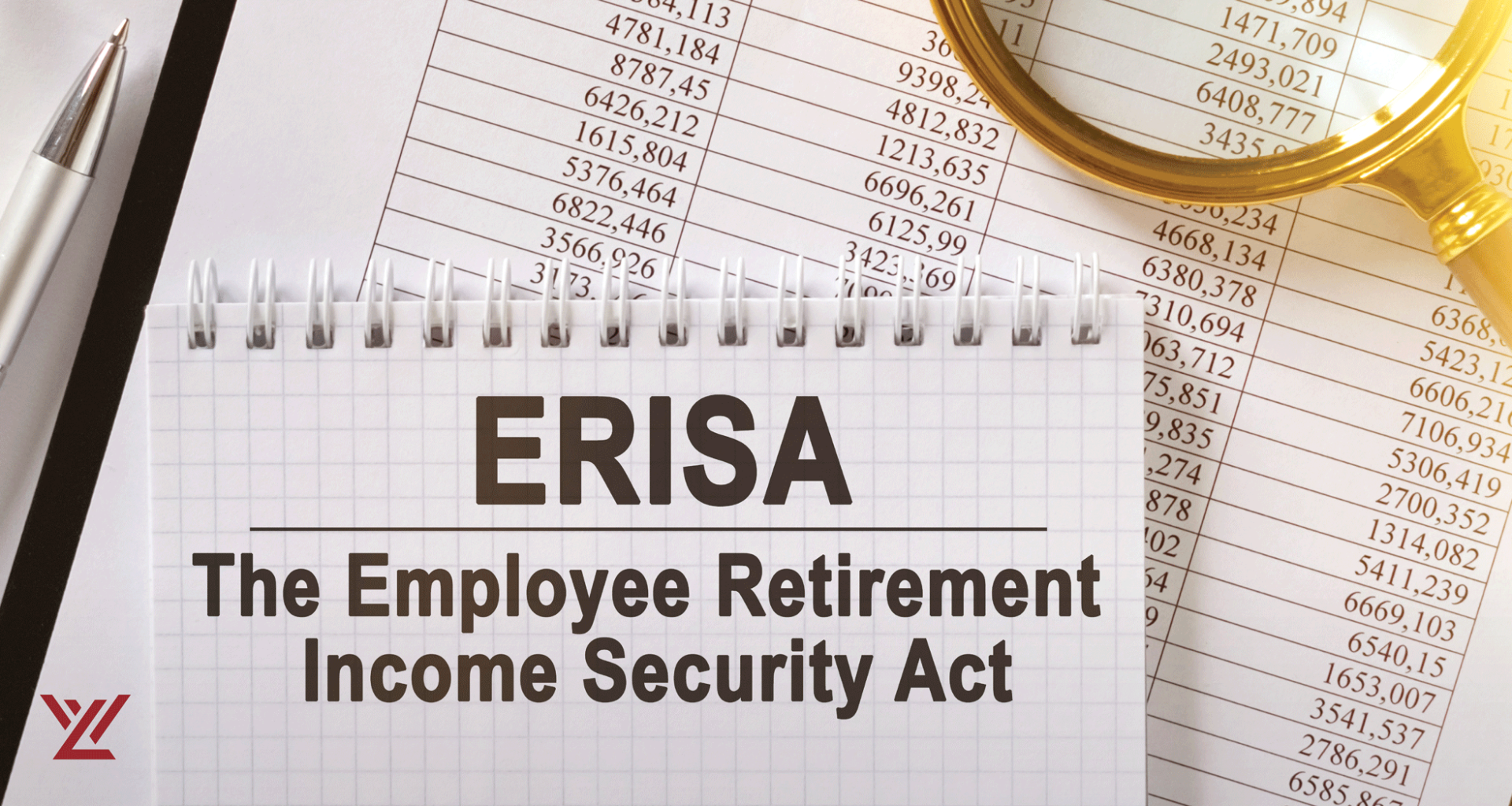Understanding the Employee Retirement Income Security Act (ERISA) is essential for employees and employers who want to navigate workplace benefits responsibly. Established in 1974, ERISA sets minimum standards for most voluntarily established retirement and health plans in the private sector. The law is designed to protect individuals in these plans by ensuring transparency, accountability, and fair treatment. From retirement savings to health insurance, ERISA governs how plans are managed and what rights participants have.
While ERISA provides essential protections, it can also be complex to interpret, especially when disputes or compliance issues arise. Employers must stay informed to meet their obligations, and employees should know their rights to avoid misunderstandings. Consulting with a California ERISA lawyer can offer valuable insight into how the law applies in specific scenarios, particularly in matters like denied benefits or fiduciary breaches. Legal guidance can help clarify responsibilities and ensure compliance with federal standards. In some cases, timely legal advice may even prevent costly litigation. Whether you’re an employer managing a plan or an employee concerned about your benefits, understanding your legal options is key.
Fiduciary Responsibilities Under ERISA
ERISA creates rigorous fiduciary standards for those entrusted with the management or oversight of plan assets. These fiduciaries—often company executives, HR professionals, or outside consultants—must consistently act exclusively in the interest of plan participants and their beneficiaries. This duty extends beyond simple honesty; it involves demonstrating the care, skill, prudence, and diligence that a prudent expert would use in similar circumstances, reflecting ERISA’s core goal of safeguarding employee assets and providing a robust safety net for American workers.
- Prudent Management: Fiduciaries must act wisely, continually reviewing investment options, expenses, and service providers based on research and judgment, not convenience.
- Diversification: Laws require diversification to protect against risks, with rare exceptions justified as prudent.
- Adherence to Plan Documents: Fiduciaries must follow the plan’s written terms, which are legally binding, unless they conflict with ERISA.
- Avoiding Conflicts: Fiduciaries must avoid self-dealing, improper related-party transactions, or activities that harm the plan, as violations can lead to penalties.
Fiduciaries who fail to meet ERISA’s exacting standards can face personal liability, including the obligation to restore any losses their actions caused or to disgorge improperly gained profits. Proactive diligence, ongoing training, and the retention of professional advisors are crucial strategies for limiting liability and maintaining trust between employers and plan participants.
Employee Rights and Protections
ERISA guarantees employees a comprehensive package of rights concerning the transparency, management, and accessibility of their benefits. These protections foster a climate of trust and allow employees to make informed choices about their participation in—and reliance on—employer-sponsored health and retirement plans. Before ERISA, many workers were left in the dark about plan terms or changes, sometimes losing years of promised benefits without recourse. Now, the law delivers much-needed transparency and avenues for redress.
- Information Access: Employees may request and receive important plan documents, including Summary Plan Descriptions, annual financial reports, statements of benefits accrued, and disclosures about plan amendments. These documents give employees a detailed window into how their plan operates and how secure their benefits are.
- Fair Claims Process: If a claim for benefits is denied, employees must be provided with a detailed written explanation of the reasons and a meaningful chance to appeal. This ensures that decisions are justified and not based on arbitrary rules or hidden criteria.
- Anti-Retaliation: Plans and their sponsors are prohibited from intimidating, threatening, or punishing employees for asserting their rights under ERISA, whether by filing a claim, seeking information, or reporting suspected violations to regulators. This protection empowers workers to advocate for themselves without fear of reprisal.
By upholding these rights, ERISA not only grants employees critical transparency but also provides a structured process to challenge denied claims, correct errors, and achieve timely dispute resolution. This layer of protection has been transformative for American workers, giving them confidence and recourse when navigating benefit plan issues.
Reporting and Disclosure Requirements
Transparency is fundamental to ERISA’s framework. Plan administrators are required to regularly share essential documents like the Summary Plan Description (SPD), which details plan features, eligibility criteria, and benefit rules. They must also submit Form 5500 annually to the Department of Labor and the IRS, providing financial, actuarial, and operational information. Significant plan modifications, such as amendments or mergers, need to be disclosed promptly to avoid surprises that could affect benefits. Failure to comply risks government oversight, negative publicity, and penalties. These reporting requirements promote transparency, enabling employees and regulators to quickly detect and resolve issues, thereby fostering trust and maintaining system stability.
Claims and Appeals Process
A critical hallmark of ERISA is its insistence on a systematic and objective process for claims and appeals. Every plan governed by ERISA must outline, in detail, the procedures for claiming benefits, responding to denials, and mounting appeals. When a participant’s claim is denied, the law requires that the denial be communicated in plain language with all relevant facts and a roadmap for next steps, eliminating guesswork and reducing the frustration of dealing with dense or jargon-laden plan documents.
- Claimants are allowed and encouraged to submit supplemental materials—medical records, legal arguments, or other evidence—when appealing a denial, ensuring that all relevant information is considered.
- Appeals must be decided by someone new, unconnected to the original denial decision, reinforcing impartiality and objectivity at each stage of review.
- Plans are bound by strict deadlines—typically requiring a final decision within 60 to 120 days—so employees aren’t left waiting indefinitely for resolution.
If a participant exhausts all internal appeals but still disagrees with the outcome, ERISA gives them the right to file a lawsuit in federal court, often the ultimate venue for resolving persistent disputes over plan benefits or alleged fiduciary misconduct.
Compliance and Penalties for Non-Compliance
The consequences of ERISA violations are serious and extensive. Federal agencies like the Department of Labor and the IRS have broad authority to investigate and penalize poor administration, late filings, or breaches of fiduciary duty. Failing to provide required documents, keep proper records, or protect plan assets can lead to heavy fines, costly lawsuits, and long-lasting damage to reputation. In severe cases of misconduct or fraud, fiduciaries can even face personal financial liability, being required to reimburse the plan or settle large amounts with harmed participants.
Because of these risks, many employers choose to outsource the technical parts of plan management to third-party experts—such as lawyers, consultants, and dedicated administrators—to ensure thorough compliance with ERISA’s rules and avoid accidental mistakes that could prompt government action. This strategy not only minimizes direct risk but also creates a more dependable and responsive benefit system for employees that meets both legal and ethical standards.







